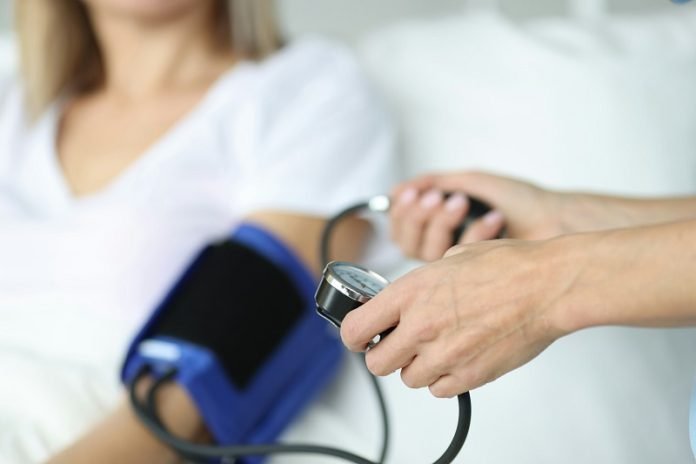
In Australia, high blood pressure, or hypertension, is a common health issue affecting more than a third of people over 18. If it’s not managed properly, it can lead to serious problems like stroke and heart disease.
A study from UNSW Sydney has raised concerns about a commonly used high blood pressure medication, hydrochlorothiazide, and its potential link to skin cancer in older individuals.
Hydrochlorothiazide is widely prescribed in Australia for high blood pressure. However, it has properties that can make the skin more sensitive to sunlight. This increased sensitivity could lead to a higher risk of skin cancer.
The study’s findings come from a detailed analysis of skin cancer rates among older Australians. This research supports similar results from previous studies done internationally.
It’s important to know that managing high blood pressure usually involves medication like hydrochlorothiazide, but also lifestyle changes like a healthier diet and regular exercise.
The data used in this research was provided by the Department of Veterans’ Affairs (DVA) in Australia. It included anonymous information on cancer registrations, hospital admissions, and medication use among DVA healthcare cardholders aged 65 and over in New South Wales from 2004 to 2015.
The researchers looked specifically at people who used hydrochlorothiazide and were diagnosed with lip cancer (45 cases) or malignant melanoma (659 cases), compared to a control group of 13,300 people without these diagnoses.
They discovered that using hydrochlorothiazide was linked to an increased risk of developing malignant melanoma and squamous cell cancer of the lip. Furthermore, the longer hydrochlorothiazide is used, the higher the risk of developing lip cancer.
However, the researchers don’t want people to panic and stop taking their medication without consulting their doctor. They believe it’s important for doctors to be aware of this potential risk.
Doctors might need to do more regular skin checks on patients using hydrochlorothiazide or advise them on being more careful in the sun, like wearing adequate protection when the UV index is high and avoiding sun exposure during peak UV times.
To inform healthcare professionals about this risk, the product information for medicines containing hydrochlorothiazide has been updated.
For those interested in skin health, there are other studies worth reading about, like the top signs of diabetic skin disease, and how 3 grams of omega-3s a day could help maintain healthy blood pressure levels.
Additionally, there are studies exploring how tougher skin could change the design of stealth aircraft and ways to combat the effects of aging on skin.
This study, led by Dr. Benjamin Daniels and his team, was published in Basic & Clinical Pharmacology & Toxicology.
It highlights an important consideration for those using hydrochlorothiazide for blood pressure management: the need to balance effective treatment with awareness of potential side effects.
If you care about skin health, please read studies about eating fish linked to higher risk of skin cancer, and Vitamin B3 could help prevent skin cancers.
For more information about health, please see recent studies about vegetable oil linked to spread of cancer, and results showing Vitamin D could help treat skin inflammation.
Copyright © 2024 Knowridge Science Report. All rights reserved.



